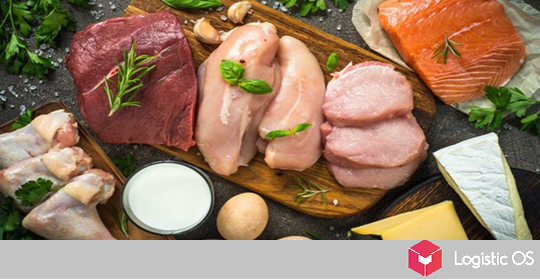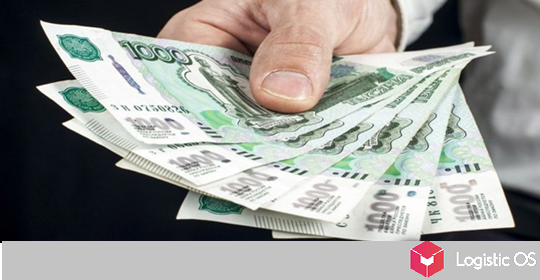The Ministry of Agriculture decided that the export duty on oil will be increased again from January 1. As a result, it should be $ 280.8 per ton.
The duty is currently $ 276.7 per tonne.
The arguments of the Ministry of Agriculture are simple: oil production is growing in Russia, and prices for it are also growing.
In order to satisfy the needs of the domestic market and at the same time prevent the rise in prices for the population, it is necessary to limit the export of oil abroad.
And for this there is already a mechanism with proven efficiency — the export duty. It was introduced to vegetable oil from September 1, 2021 to August 31, 2022.
The size of the duty is floating and amounts to 70% of the difference between the price of $ 1,000 per tonne and the arithmetic average of exchange prices for the last month. An adjustment value of $ 50 per tonne is deducted from the amount received.
According to the Ministry of Agriculture, producers have nothing to worry about, because this year, Russia has harvested the maximum sunflower harvest: 23 million tons instead of 20.2 million tons a year earlier.
World prices have also increased significantly, so that the volume of exports in monetary terms may rise from $ 5 billion to $ 7 billion.
Why does the Fat-and-Oil Union disagree with the increased duty?
According to the head of the Union, Mikhail Maltsev, the duty should be reduced, and very significantly: from 70% to 30%.
Otherwise, it may turn out that Russian refineries — oil extraction plants — will be overloaded with work and will not be able to cope with the volume.
This means that the country can enter the next season without processing the remnants of the 2021 harvest.
Another big problem is that the growing duty reduces the profitability of both oil producers and the sunflower itself. And this, in turn, leads to the fact that producers are in no hurry to sell the crop.
«The beginning of the season was marked by the fact that all plant breeders simply sat down on raw materials and do not sell it. We have a record harvest, and capacity utilization is 90%, despite the fact that we have been growing in capacities over the past two years», — thinks Mikhail.
Currently, the Fat-and-Oil Union expects that raw material prices on the Russian domestic market should go down from January . This means that the factories will finally be able to start working at full capacity.
Despite protests from the Ministry of Construction, experts see no reason for the Ministry of Agriculture to abandon its idea of increasing the export duty.
Most likely, it will remain at the same level, which should help prevent a new sharp rise in oil prices within the country.

